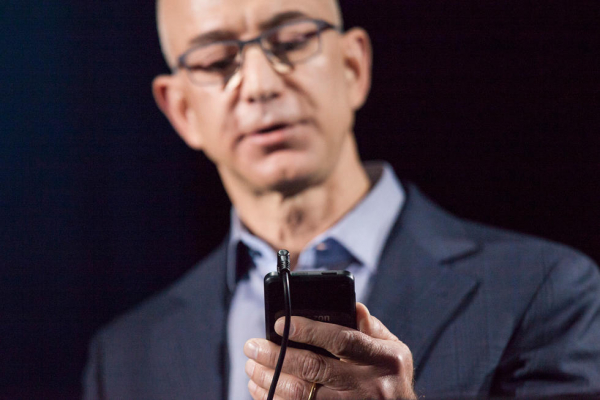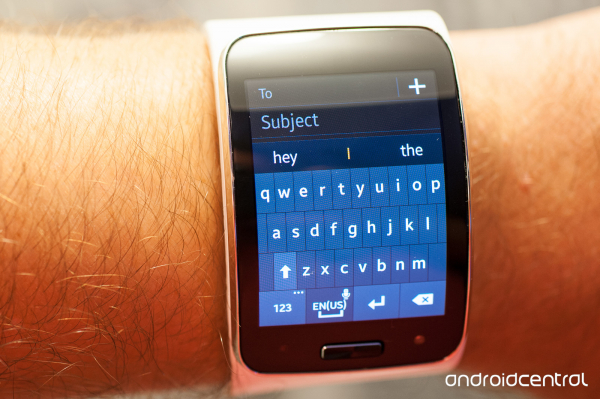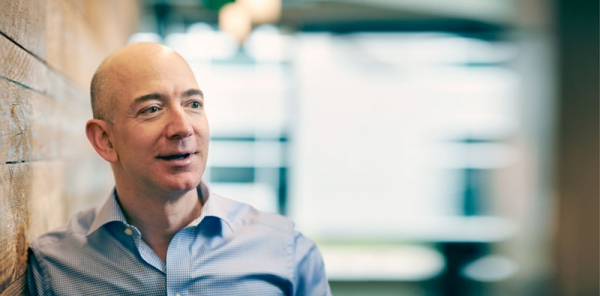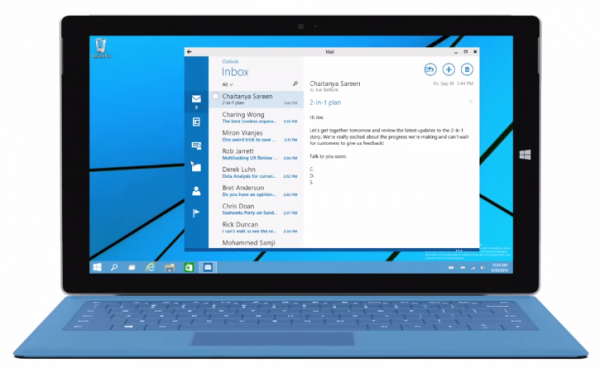And team members simply could not imagine truly useful applications for Dynamic Perspective. As far as anyone could tell, Bezos was in search of the Fire Phone’s version of Siri, a signature feature that could make the device a blockbuster. But what was the point, they wondered, beyond some fun gaming interactions and flashy 3-D lock screens. "In meetings, all Jeff talked about was, ‘3-D, 3-D, 3-D!’ He had this childlike excitement about the feature and no one could understand why," recalls a former engineering head who worked solely on Dynamic Perspective for years. "We poured surreal amounts of money into it, yet we all thought it had no value for the customer, which was the biggest irony. Whenever anyone asked why we were doing this, the answer was, ‘Because Jeff wants it.’ No one thought the feature justified the cost to the project. No one. Absolutely no one."
This is the exact type of client I hate working with. The type that fixates on specific features instead of focusing on building solutions or achieving goals.



